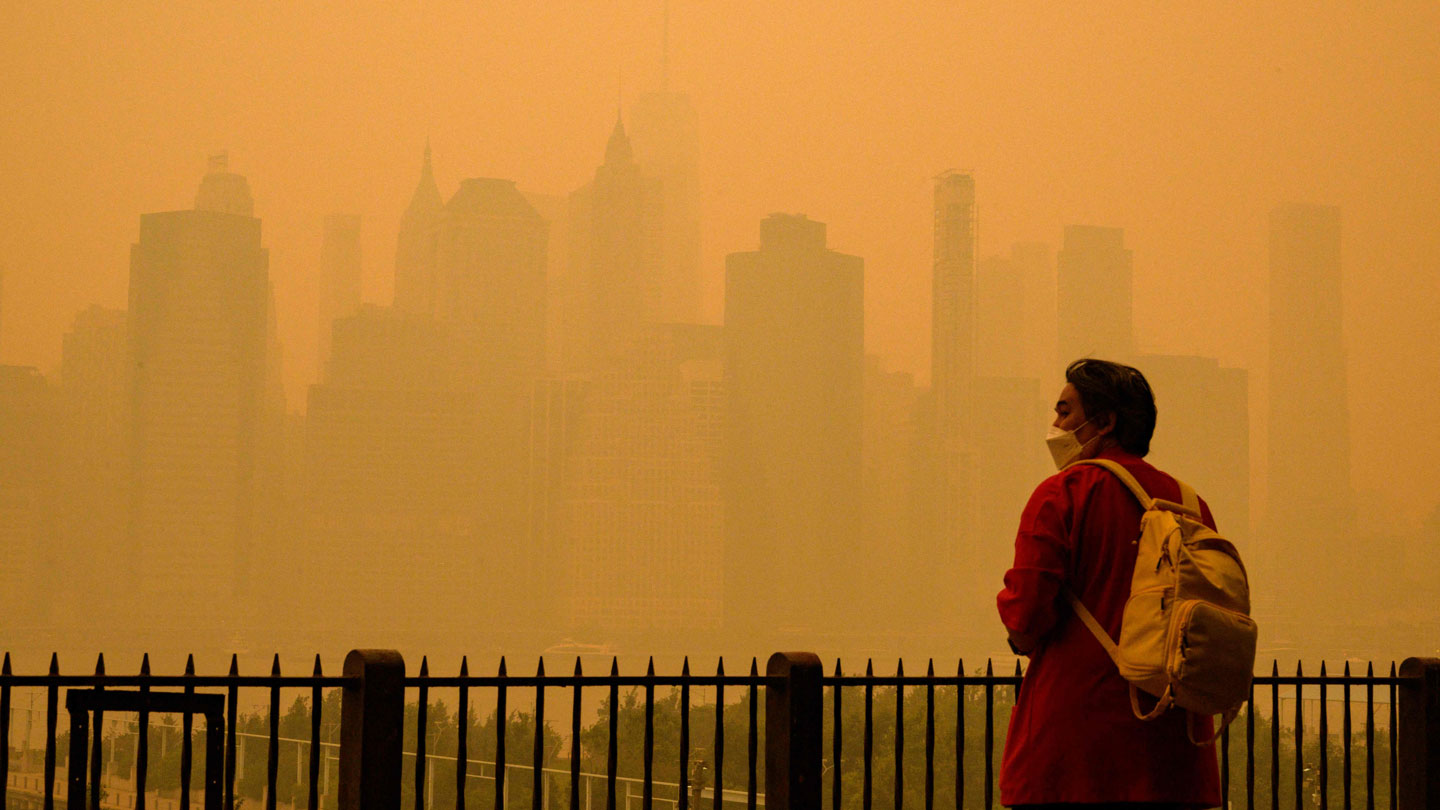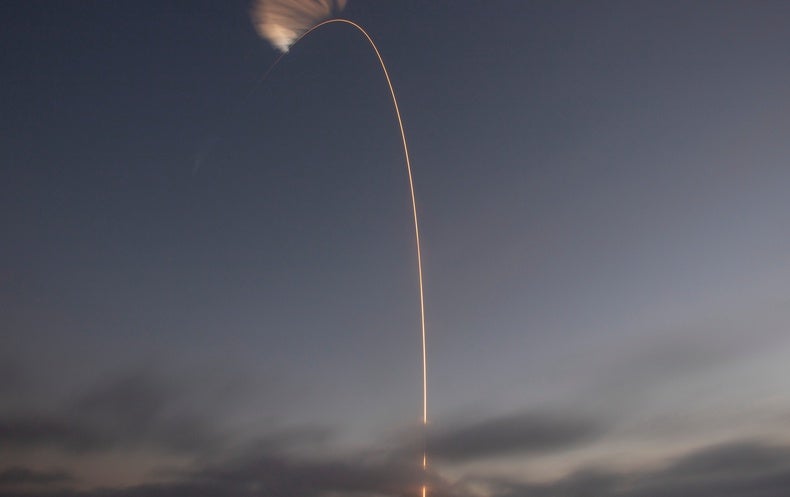Even as the thick clouds of smoke from wildfires raging in eastern Canada, which blanketed the U.S. East Coast in a dangerous orange haze, begin to dissipate, researchers are warning it’s a sign of the times.
Canada’s fire outlook will remain higher than normal for June. And on a larger scale, climate change is projected to make fire conditions more common across Canada, Russia and Alaska’s boreal forests.
The current fires were sparked by lightning in the Canadian province of Quebec; like much of Canada, parts of Quebec were abnormally dry this spring.
Their smoky haze has dominated headlines, prompting warnings of dangerous air pollution levels. People were urged to stay indoors as much as possible, or wear masks, to avoid inhaling the fine particulate matter. The smoke, a toxic brew of irritant gases and tiny particles, can cause asthma, respiratory and cardiovascular problems, and can exacerbate existing conditions such as diabetes and chronic lung conditions (SN: 6/17/22; SN: 9/18/20).
Wildfire-driven air pollution is all too familiar to residents of the Pacific Northwest and the U.S. West, where most of the continent’s large wildfires occur, but it’s less common in the eastern part of North America. So June’s headline-grabbing haze might be a wake-up call to East Coast policy makers about the hazards of climate change, some researchers hope.
There’s plenty of historical precedent for that, says Nicholas Bond, state climatologist for the state of Washington, who is based in Seattle. “There were some periods when dust [from the Dust Bowl years of the 1930s] made it all the way to Washington, D.C., bringing attention to the disaster that was occurring in the Plains states,” he says.
Whether eastern Canada’s forests in particular will become more fire-prone due to climate change isn’t clear from recent simulations of future climate and fire behavior. The current fires are not necessarily a harbinger of things to come so much as a reminder of what’s already here: They’re burning in regions that are already considered at risk of fire.
Climate change is projected to boost fires across other vast swaths of boreal forest in the Northern Hemisphere. It’s already having an impact. “Wildfires in the boreal forests of Alaska burned more acres in the past 20 years” than in the previous 20 years, Bond says. How much of the forest is on fire can vary significantly from year to year; 2020 was below-average, with about 73,000 hectares burned. But the overall trend of burned area in boreal forests is expected to curve steeply upward by the middle of the century: The acreage of burned area in Alaska is projected to increase by 24 to 169 percent from 2020 to 2050.
Fire seasons in boreal forests are also expected to last longer and produce larger fires each year. Climate change may also increase the frequency of lightning strikes that spark fires such as those currently burning in Quebec — although that, too, is still uncertain.
Canada is currently fighting severe fires across the country, from coast to coast, stretching its resources thin. “It is quite rare for us to have fire over such a broad area. It is an exceptional situation,” exacerbated by drought conditions in regions across the country, says Ellen Whitman, a forest fire research scientist at Natural Resources Canada, based in Edmonton. “Lightning ignitions are made more likely by drought, which is associated with climate change,” she says. And “lightning is expected to become more frequent due to changes to upper air patterns related to climate warming.”
The threat in Canada is expected to remain high in the coming weeks, the Canadian government reported on June 5. That’s also true for the United States. “The Pacific Northwest is liable to be dealing with considerable smoke later this summer,” Bond says, based on a fire potential outlook report released June 1 by the U.S. National Interagency Fire Center. “For personal, selfish reasons I hope the winds do not bring the smoke our way.”














